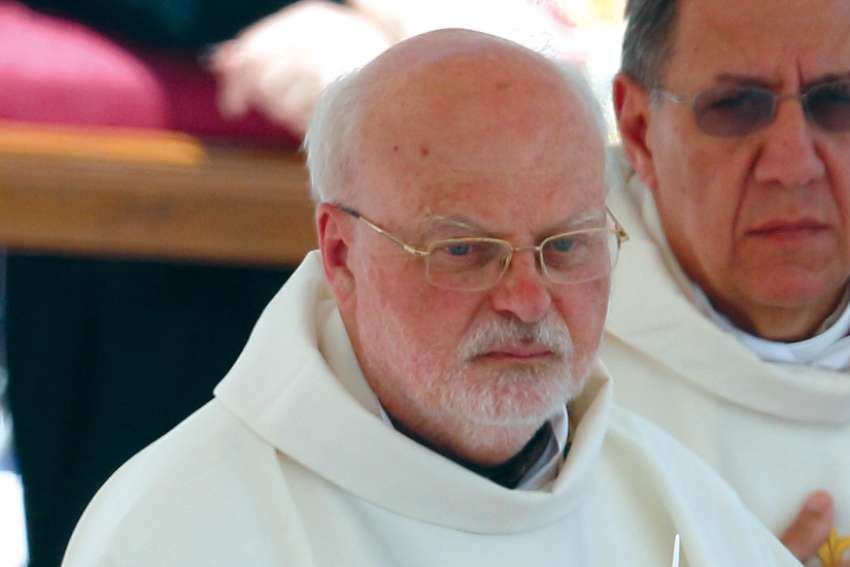“Not being an expert, it’s difficult to judge, but I would say that many people here in Sweden are very worried and, also, the authorities have recognized that we have not been able to give elderly people the protection they needed,” Cardinal Anders Arborelius of Stockholm told Catholic News Service May 7.
Although Swedish authorities called for people to work remotely and restricted gatherings to no more than 50 people at the start of the crisis, restaurants and bars, as well as schools for children under the age of 16, remained open.
As of May 8, an estimated 3,040 people have died of the coronavirus in Sweden. The death toll is the highest by far among Scandinavian nations. Denmark has had 514 deaths, while 255 people have died in Finland and 217 in Norway.
According to a study May 6 by Johns Hopkins University, the death rate in Sweden is at 28.88 for every 100,000 people. In the United States, which has the most number of cases worldwide, the death rate is 22.44.
Statistics released May 6 by Sweden’s government reported that 90 per cent of COVID-19 victims were 70 years and older, and half of those victims were living in government-run retirement homes.
“If you come to Stockholm, you see more people in the street than in other parts of Europe,” Arborelius said. But because of the high mortality rate, “there is a discussion going on here in Sweden: Is this really a good thing to do?”
The cardinal said the approach taken by the Diocese of Stockholm has been “a bit more strict” and catechism classes for children and young adults were closed. Some churches began to open gradually after Easter while observing the regulation to limit gatherings to no more than 50 people, but others continue to live-stream Masses for the elderly and the sick, he said.
“We can say that we try to do what we can, but we also see (that) there are needs. Many of the undocumented immigrants are also Catholic and they have lost work, they have lost housing,” Arborelius said.
In an open letter to Swedish Prime Minister Stefan Lofven, Arborelius and other Christian leaders called on the government to protect migrants and the homeless who are most at risk of being infected or to suffer due to the economic fallout.
“Human rights must apply to all people living in our country without distinction. Churches and the majority of civil society does what it can. Churches, like the virus, make no distinction between citizens and non-citizens. Neither can the public — state, municipalities and authorities. That’s why we demand action now!” the letter said.
Arborelius said he hopes the letter will “open the eyes of the government.”
Sweden is “a very bureaucratic country and if you don’t have any papers, you don’t exist,” he said. “That was our concern and now we hope that the government will react and try to do something for this vulnerable group of people.”


